Growing Economy, Falling Emissions
Economic growth has been stronger in nine Northeast states that have a current cap-and-trade program. Carbon emissions in those states have fallen much more quickly than in the rest of the country.
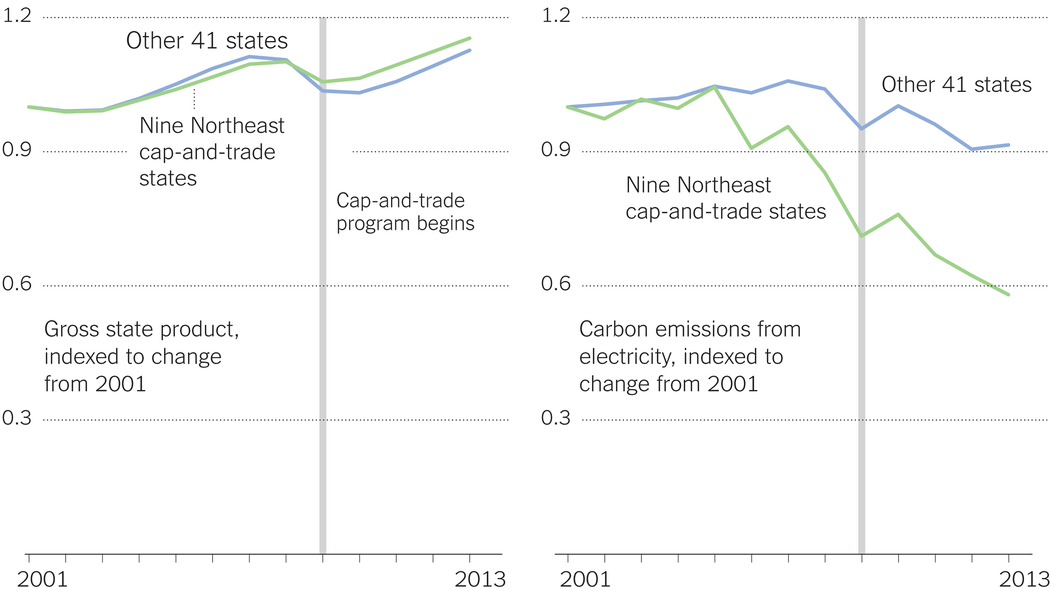
The New York Times
Sources: ENE; Energy Information Administration
nytimes.com - by Hannah Fairfield - June 6, 2014
Some critics of the Environmental Protection Agency’s new requirements for power plants argue that forcing emissions reduction will curtail economic growth. But the recent experience of states that already cap carbon emissions reveals that emissions and economic growth are no longer tightly tied together. . .
. . . The nine states already in the program — Connecticut, Delaware, Maine, Maryland, Massachusetts, New Hampshire, New York, Rhode Island and Vermont — have substantially reduced their carbon emissions in recent years. At the same time, those states have had stronger economic growth than the rest of the country.






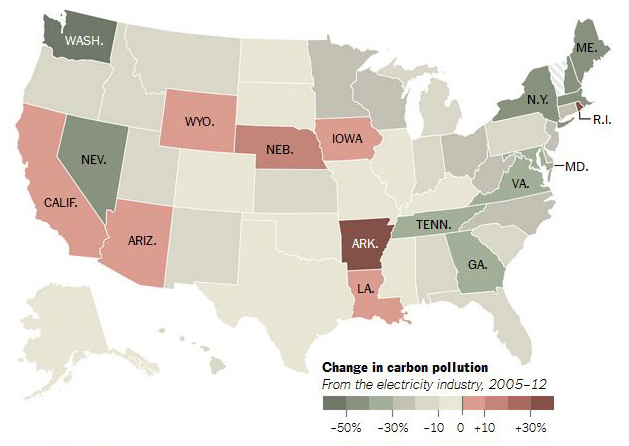
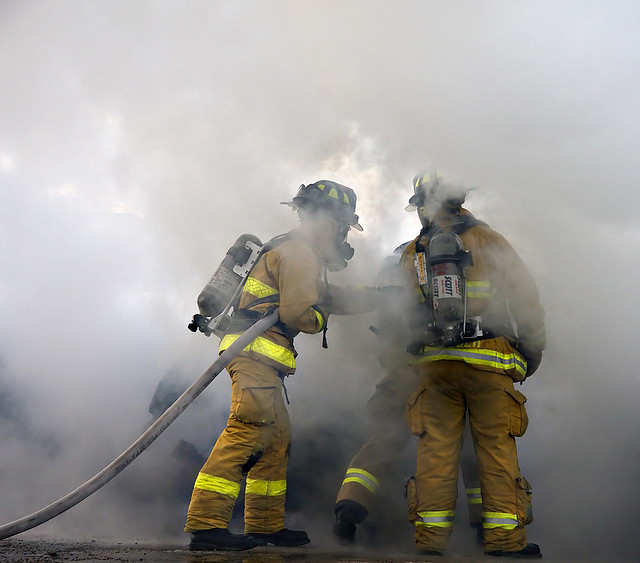 Firefighters have worried that in the event of a fracking chemical spill, without information on the chemicals they would not know the best way to respond. Photo courtesy Kaye Bewley, flickr creative commons
Firefighters have worried that in the event of a fracking chemical spill, without information on the chemicals they would not know the best way to respond. Photo courtesy Kaye Bewley, flickr creative commons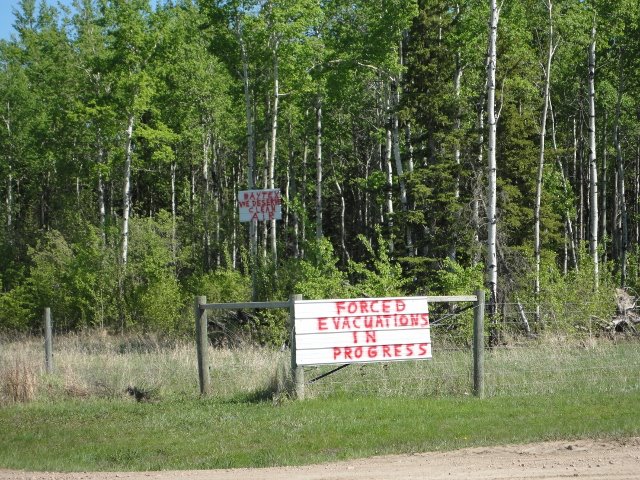
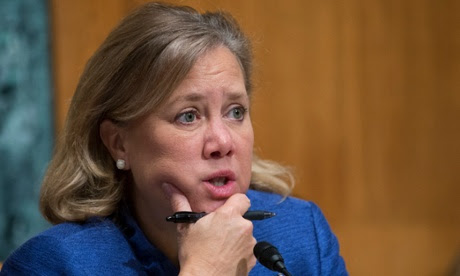 Image: Senator Mary Landrieu, of Louisiana. Photograph: Manuel Balce Ceneta/AP
Image: Senator Mary Landrieu, of Louisiana. Photograph: Manuel Balce Ceneta/AP
Recent Comments